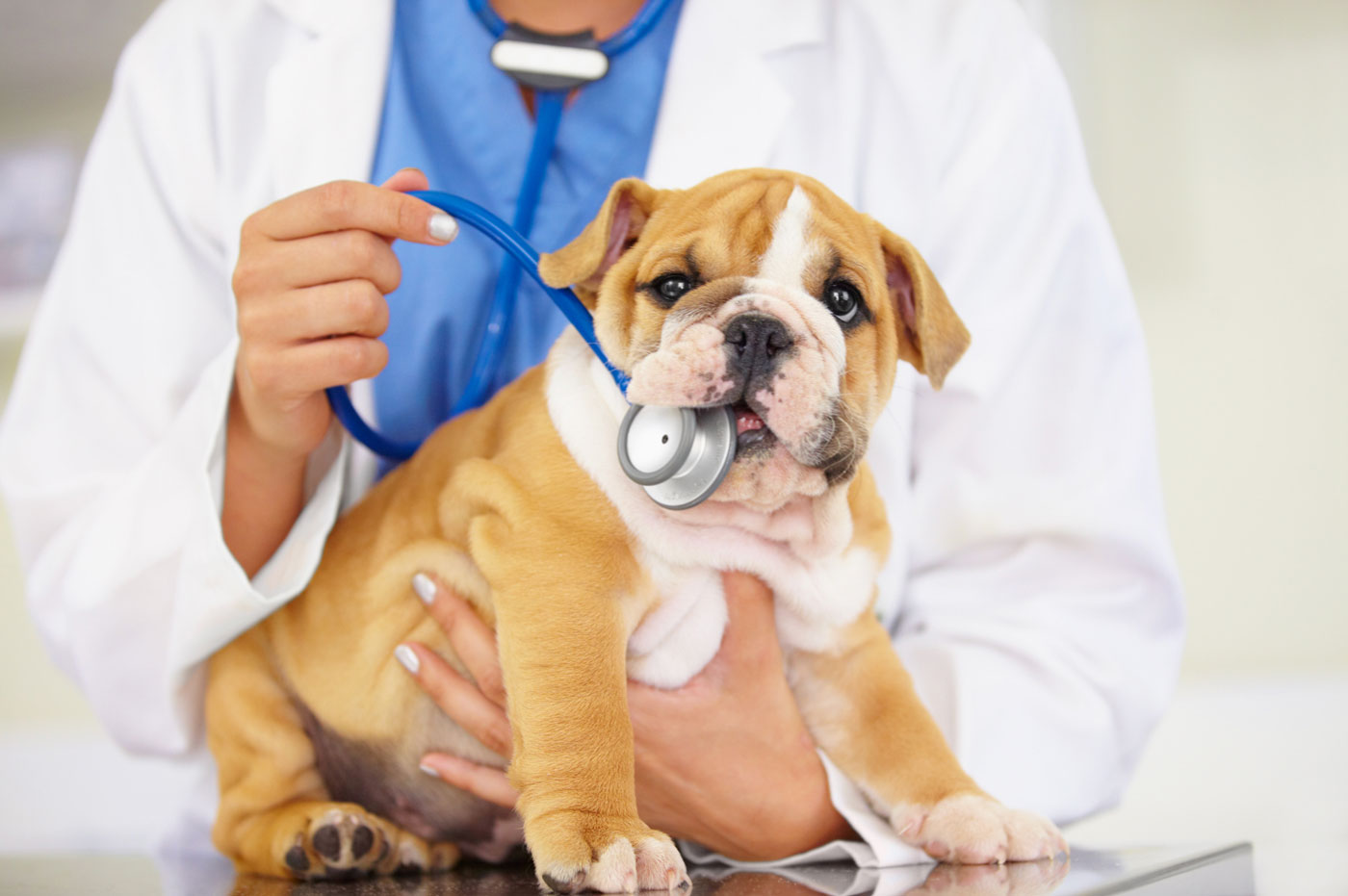Recently we have learned that the K-9 flu is gradually spreading to southern California. We are very concerned for your pets and request that you talk to your vet about getting your dog vaccinated against the K-9 flu. Below is a letter that crossed my desk that describes what it is and how it has spread. We want you to stay informed and educated. We are in the process of deciding whether or not to require this vaccination for all clients. We will keep you updated as we learn more.
Dogs who are out in the public are especially at risk. The dogs who visit dog parks, greet other dogs while on walks, go to restaurants or socialize in other ways can easily contract and spread the virus.
We were recently informed by the Department of Public Health that in March of this year a dog that was imported from China has tested positive for canine influenza H3N2. There are now over 35 dogs involved in this outbreak, spread over nine shelter locations in LA County, and all have been placed under quarantine.
Canine influenza H3N2 is a contagious virus that causes a respiratory infection in dogs and occasionally in cats. In the Chicago/Midwest area in early 2015, over a thousand dogs were reported ill before this cause was discovered. Dogs are most contagious during the incubation period (2-4 days post exposure) when they are not exhibiting clinical signs. Dogs that are infected with canine influenza H3N2 are contagious for up to three weeks, therefore dogs infected with H3N2 should be isolated for 21 days.
With the increase in imported dogs from Asia, the evidence of spread, and the time it takes to trace all the dogs’ potential contacts, Veterinary Public Health recommends that dogs that interact with other dogs should be vaccinated against canine influenza.
If your dog attends doggie day care, boarding facilities, grooming parlors, dog parks, or just “interacts with other dogs”, we are highly recommending that you vaccinate for this canine influenza virus. A minimum of two doses, separated by 2-4 weeks is required for primary immunization. Annual re-vaccination with one dose is recommended.
ANY FURTHER QUESTIONS OR CONCERNS, PLEASE CONTACT YOUR VETERINARIAN.
Thanks for partnering us to Keep our dogs safe.

